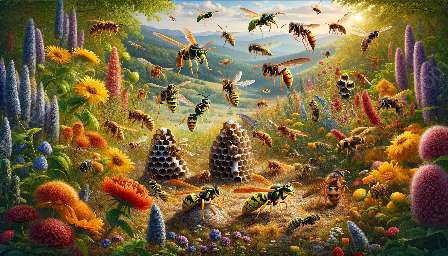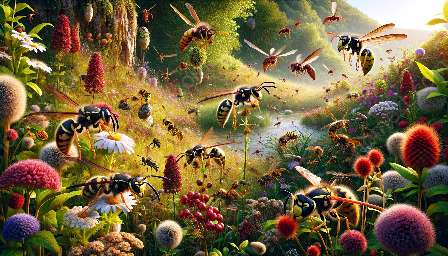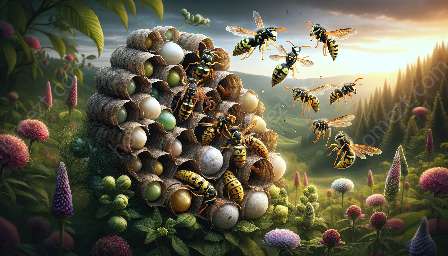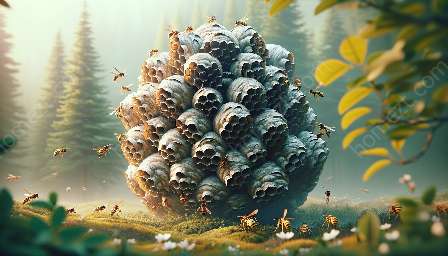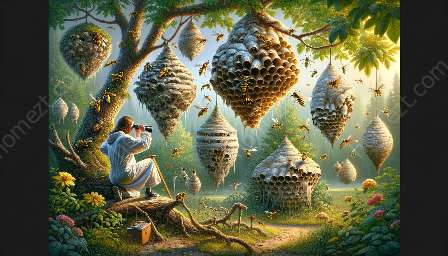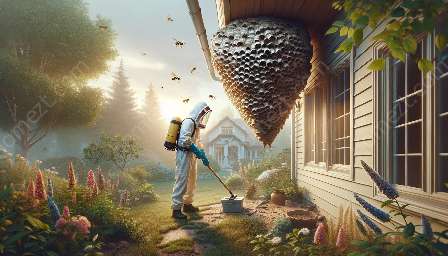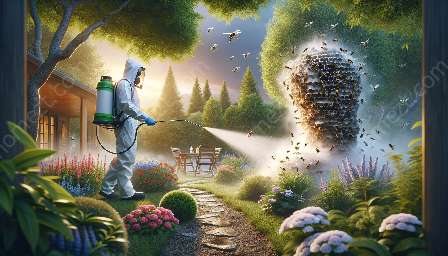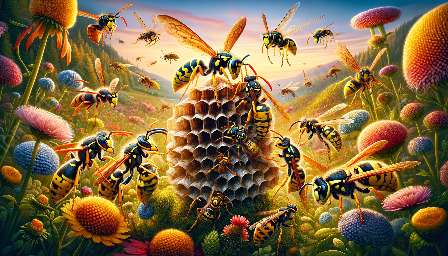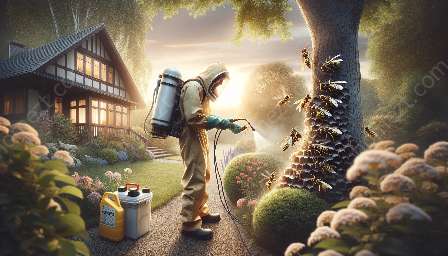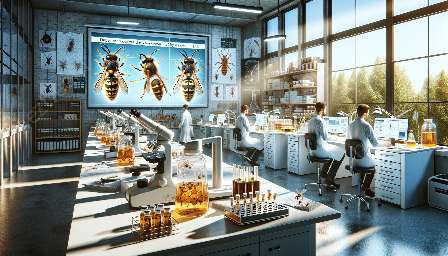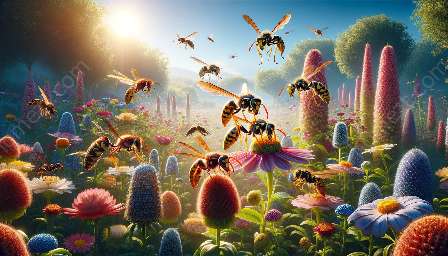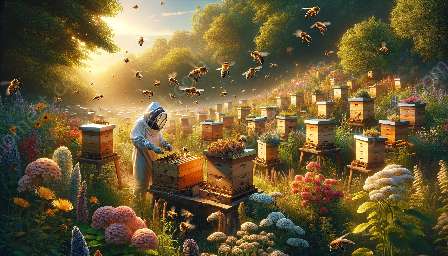Wasps are common pests that can pose a threat to humans and the environment, especially when their populations grow out of control. Chemical wasp control is a method used to manage and eliminate wasp infestations, offering an effective solution for pest control.
Understanding Wasps and Their Impact
Before delving into chemical control methods, it's essential to understand the nature of wasps and the problems they can cause. Wasps are known for their aggressive behavior when threatened, and their stings can result in severe allergic reactions in some individuals. Additionally, certain wasp species can cause damage to property and agricultural crops, making effective pest control essential to mitigate these risks.
The Benefits and Risks of Chemical Control
Chemical control of wasps can offer several benefits, including quick and targeted elimination of wasp populations. This method is often favored for its efficiency in managing large infestations in outdoor and indoor spaces. However, it's crucial to consider the potential risks associated with chemical treatments, such as environmental impact, human or pet exposure, and the possibility of harmful effects on non-target organisms.
When using chemical control methods, it's important to follow recommended safety measures and use approved products to minimize adverse effects on the surrounding ecosystem.
Best Practices for Using Chemical Methods
Implementing chemical control for wasps requires careful planning and adherence to best practices to ensure both effectiveness and safety. Before applying any chemical treatments, it's essential to identify the species of wasps present and assess the extent of the infestation. This information will help determine the most suitable products and application methods for targeted results.
Furthermore, proper application techniques, such as timing and dosage, should be followed to maximize the impact on the wasp population while minimizing potential risks to other organisms.
Considerations for Environmentally Friendly Alternatives
While chemical control methods can be effective, it's important to consider environmentally friendly alternatives for managing wasp infestations. Integrated pest management (IPM) strategies, which incorporate multiple approaches such as biological control, habitat modification, and preventive measures, offer sustainable options for long-term pest management without relying solely on chemical interventions.
By prioritizing the use of environmentally friendly pest control methods and minimizing the reliance on chemical treatments, it's possible to maintain a balanced ecosystem while effectively managing wasp populations.
Conclusion
Chemical wasp control plays a significant role in pest management, offering a powerful tool for addressing wasp infestations. By understanding the benefits, risks, and best practices associated with chemical methods, individuals and pest control professionals can make informed decisions to ensure effective and sustainable management of wasp populations while minimizing environmental impact.

